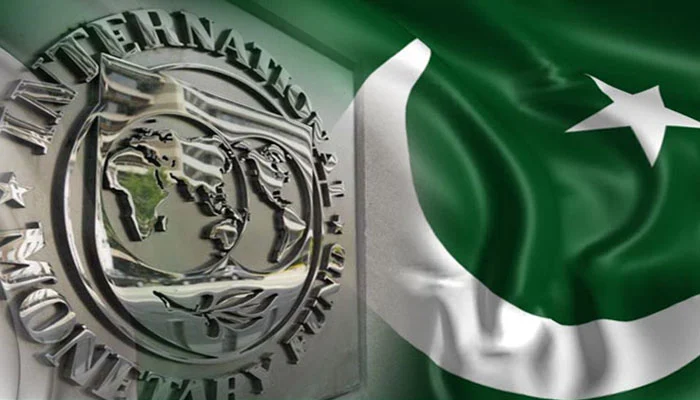As Pakistan’s initial euphoria following the International Monetary Fund’s (IMF) approval of the much needed loan programme settles, worries are once again building up. Even as the IMF gave its nod for a $3 billion financial assistance package through a Stand By Arrangement (SBA), its executive board will have to finally approve the plan, which will be spread over the next nine months. The board is slated to take up the issue next week.
Pakistan is expecting $1.1 billion in the first tranche.
Many in Pakistan are also apprehensive about being able to receive the entire $3 billion from the IMF even as the country submitted a letter of intent to the multilateral lender stating that the government will not announce any new tax amnesty in the next nine months. It has also assured that the existing trade barriers will be removed while “upholding commitments to other financial institutions and bilateral donors that have provided loans to the country,” local newspaper Dawn said. The letter was signed by Pakistan Finance Minister Ishaq Dar and the country’s central bank governor.
While the loan amount will boost Pakistan’s foreign exchange reserves, Islamabad will have to make an immediate repayment of 3.7 billion. By 2025, the repayment amount will stand at $73 billion.
Clearly, IMF’s loan programme will not be sufficient for Pakistan. The Shehbaz Sharif government has little time to spare and needs to start talking to other countries for further assistance. It may be easier for Islamabad to borrow from its allies at this juncture riding on the back of IMF’s promise.
The IMF assistance will help Pakistan avert a sovereign default. Though that by itself will be a huge relief for Islamabad, the other grave macro-economic economic challenges which include dwindling foreign direct investments, inflation, unemployment, low tax to GDP ratio, slowing of agriculture production among others, are not likely to go away anytime soon. As on June 23, Pakistan’s foreign exchange reserves held by its central bank—the State Bank of Pakistan, stood at just $4 billion.
Also read: For bearish Pakistani exporters, IMF deal is no silver bullet




















